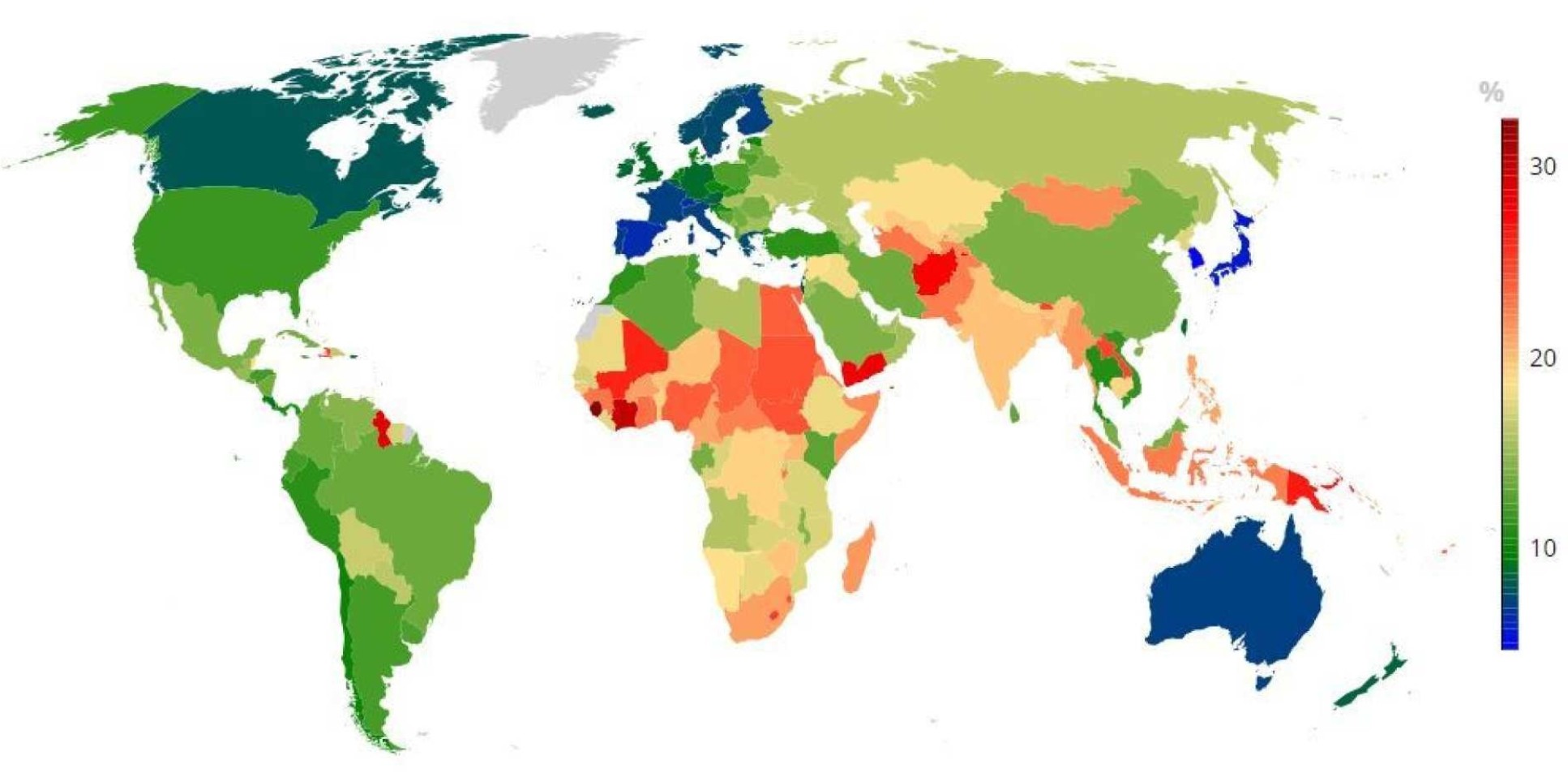Tackling mental health and non-communicable disease to build a healthier society

Imperial researchers are helping policymakers and industry build a healthier society with the support of the UKRI Strategic Priorities Fund.
Mental health research collaboration
One project, led by Dr Emma Lawrance of the Institute of Global Health Innovation, is developing a cross-sector approach to mental health research and innovation. So far, this has involved patient and public involvement and engagement (PPIE), including at an Imperial Lates event on big data as well as digitally in the age of COVID-19 to work with users of charity mental health services. This work has helped understand the desires and concerns around use of data from these services, and what service users would like to see us learn from the data in order to help others. The charity partners will make changes to how users are kept informed and can feedback, on the basis of this work.
The Fund has been vital in helping us form cross-sector partnerships… we are excited that our research on these unique datasets will help us better understand mental health needs and improve services Dr Emma Lawrance
Dr Lawrance has also led network building, such as running a workshop with leaders of mental health charities, NHS Trusts, data experts and researchers, to develop plans to improve access and use of charity data for important research. These collaborations have improved the quality of data stored by the charities for research purposes, and created directions for research priorities.

With the Centre for Mathematics of Precision Healthcare and the Data Science Institute, research on these datasets currently underway is already helping us understand more about mental health needs of young people who may not be accessing traditional services and is revealing the impact of the services on their users. The team is currently developing a proposal to work with underserved communities such as LGBTQ+ and BAME young people, to reduce barriers to access in the West London NHS Trust.
Tackling non-communicable diseases
Professor Majid Ezzati of the Artificial Intelligence Network has been using data analytics to develop evidence-based policies to reduce premature mortality from non-communicable diseases (NCDs). Professor Ezzati aimed to extend the regular reporting of progress towards the UN’s sustainable development goal of cutting the NCD death rate to 3.4% by 2030 and identify a combination of reductions in different NCDs that can together achieve this target.
“Non-communicable diseases are the main cause of premature death for most countries” Professor Majid Ezzati
Through the NCD Risk Factor Collaboration, a network of health scientists around the world that provides rigorous and timely data on major risk factors for NCDs for all of the world’s countries, Imperial researchers and colleagues at the World Health Organization regularly submit their findings to journals such as Nature and Lancet Global Health.

Supporting COVID-19 innovation
Dr Aldo Faisal and Ignacio Albert Smet from the UKRI Centre in AI for Healthcare have set out key regulations innovators must comply with when designing and building technologies safely to tackle COVID-19. The paper, entitled ‘Mobilising the COVID-19 response in the United Kingdom’, serves as a guide for those wishing to act quickly in manufacturing devices and equipment, conducting services or clinical studies or wishing to use data and algorithms, but are unsure of the regulatory pathways to fast-tracking their work for the COVID-19 response.
Dr Aldo Faisal said, "the number of initiatives rising to the call of developing innovation to tackle COVID-19 has been amazing, but their efforts are hampered by the perceived restrictions of regulations. We address this challenge, as there are many exemptions and processes that innovators and regulatory experts are currently unaware of that can drastically accelerate the process." Read the full story here.
Imperial’s Academic Strategy
The college’s Academic Strategy sets out a vision for Imperial as a place for authoritative thinking, world-leading teaching, and creative research ideas. We have identified four themes which bring together research, education and translation activity across our faculties over the next five years: sustainable society; healthy society; smart society; and resilient society. In line with the healthy society examples outlined above, UK Research and Innovation Strategic Priorities funding is supporting our work across all four themes.
Article text (excluding photos or graphics) © Imperial College London.
Photos and graphics subject to third party copyright used with permission or © Imperial College London.
Reporter
Joe Dharampal-Hornby
Communications and Public Affairs